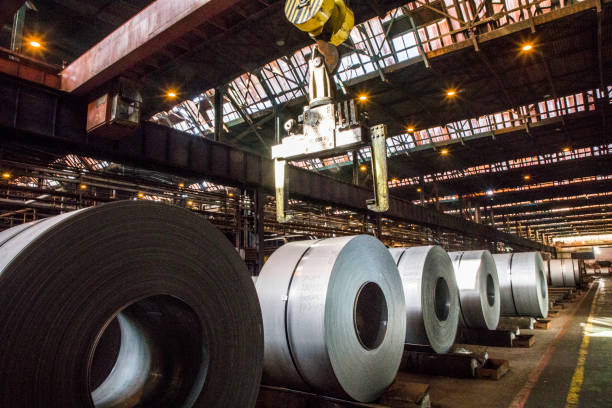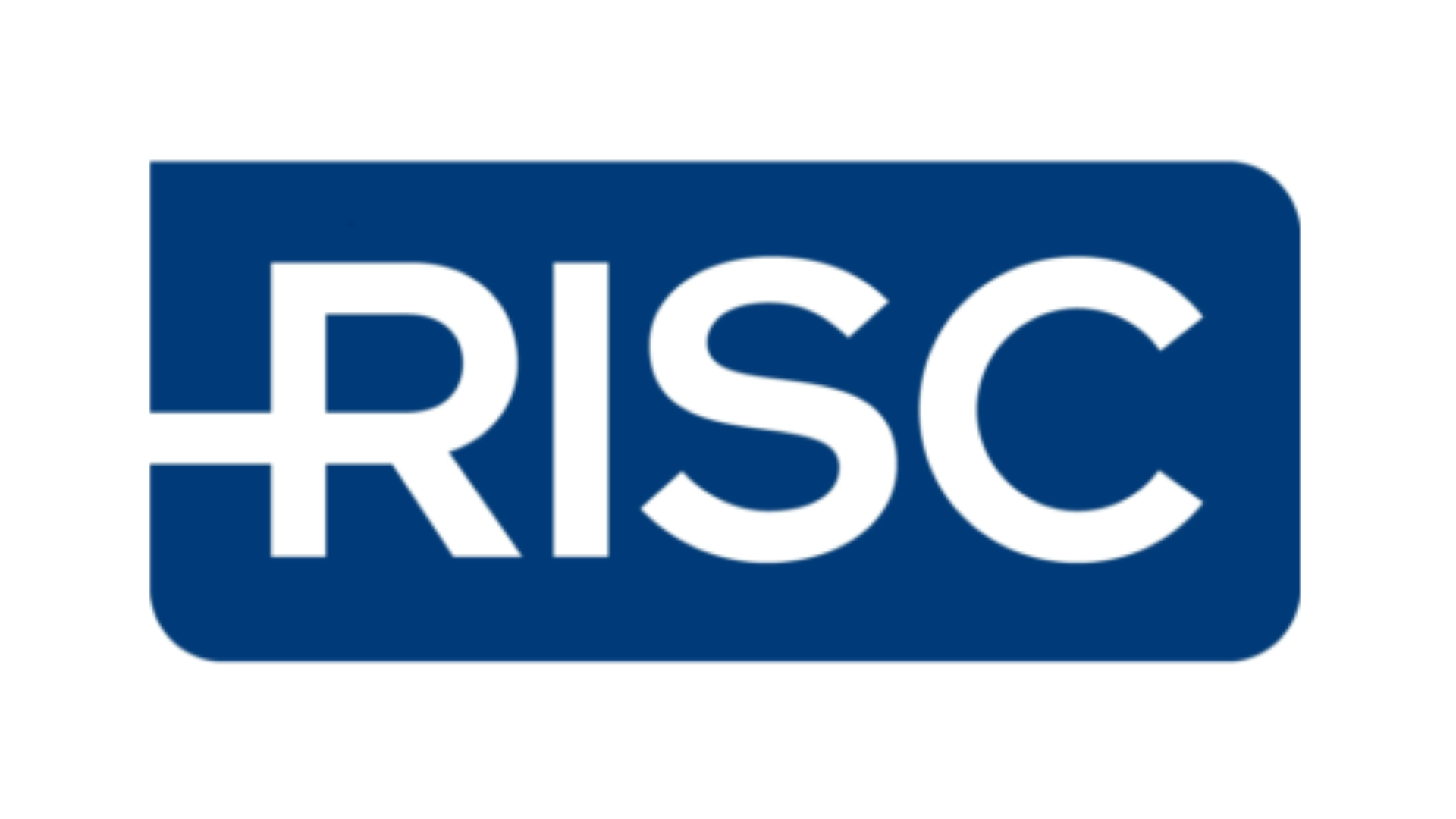
The long-running dispute between the UK and US on steel and aluminium tariffs has at last been resolved, with the US lifting their Section 232 (national security) tariffs placed on UK exports and the UK reciprocating by lifting tariffs on goods such as whiskey, clothing and electric motors.
Why were the tariffs in place?
As ADS have blogged in the past, the Section 232 tariffs where implemented by former President Trump in 2018, after his administration had determined that an excess of global steel and aluminium production capacity was a threat to US national security, with the EU and UK targeted on an anti-dumping basis.
What has been agreed?
Coming into effect on 1 June this year, this is the latest in a series of positive moves in trade relations between the UK and US, following resolution of the Airbus-Boeing dispute last year, and the opening of discussions on the issue of steel and aluminium tariffs earlier this year – so it’s good to see the tariffs being lifted, just a week after Trade Secretary Anne-Marie Trevelayan visited ADS members at Security & Policing at Farnborough.
The UK and US will also continue to engage on issues related to the global supply of aluminium and steel, and work closely to address market-distorting practices that harm UK business.
What does this mean for ADS members?
This is welcome news for the aerospace, defence, security and space sectors, as the continued imposition of tariffs on the UK left ADS industries at a disadvantage, after the US had lifted the equivalent sanctions on the EU last year.
Free trade in goods and resources such as aluminium or steel will be especially welcome as ADS members continue to recover from the COVID-19 pandemic. The removal of tariffs will help improve the level of exports from the UK and drive further business across industry – with ADS members standing to benefit.
Where next for trade with the US?
The UK Government is currently seeking a trade deal with the US, a potentially huge market. Following the lifting of Section 232 tariffs, ADS will continue to engage with members to understand their priorities from any potential trade deals – US or otherwise – and work with the Government to ensure that those areas of interest are reflected in any eventually free trade agreement.
The UK has significant comparative advantages in ADS sectors, and reflecting the positive work of members in future trade deals will serve as a boon to the UK economy, driving jobs and economic growth in the UK.





